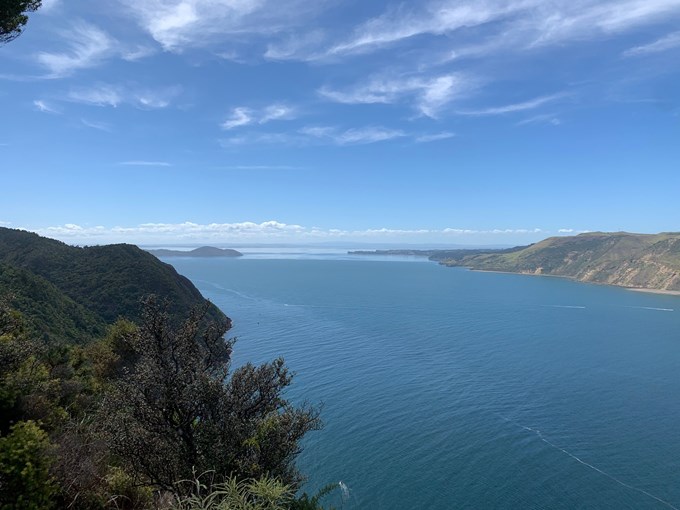Summer is calling with the promise of endless days of fun and whether you decide to head for the beach or tackle a wilderness hike in one of Auckland’s spectacular regional parks, it’s timely to remember your responsibilities when in the great outdoors.
If you’re heading into the Waitākere Ranges, there are lots of tracks now open again to the public but large tracts of forested areas is still off limits to the public to help the forest heal and prevent the spread of kauri dieback disease.
A recent prosecution, Auckland Council’s third successful case, resulted in Izak Greywolf being fined $2000 for breaching the Public Safety and Nuisance Bylaw by entering the closed Ian Wells Track and a further $250 for breach of a Trespass Order.
Auckland Council, in their sentencing submission, stated there were multiple breaches over a period of time and Greywolf had shown clear disregard in relation to signage. The council added the offender had received previous warnings to stay off the closed track but willfully ignored those warnings and trespassed again in March 2022.
The 'scrub, spray, stay' message still applies to those walking in the Waitākere Ranges or any area where kauri is present.
Since 1 April 2022, 126 breaches have been recorded in the Waitākere Ranges with 20 bylaw notices being issued.
“The message is still the same,” says Adrian Wilson Auckland Council’s Manager Proactive Compliance.
“We know compliance is higher when officers are present, but we’d like all visitors to the parks to please respect the rules, stay on open tracks, and there are plenty of open tracks and use the hygiene stations.
“Protecting kauri is everyone’s responsibility, whether anyone is watching or not and venturing onto closed tracks could result in a significant fine. That makes it an expensive walk in the park,” he adds.
In the Waitākere Ranges 44 per cent of those using open tracks were compliant while 31 per cent were still non-compliant, due to not using cleaning stations.


